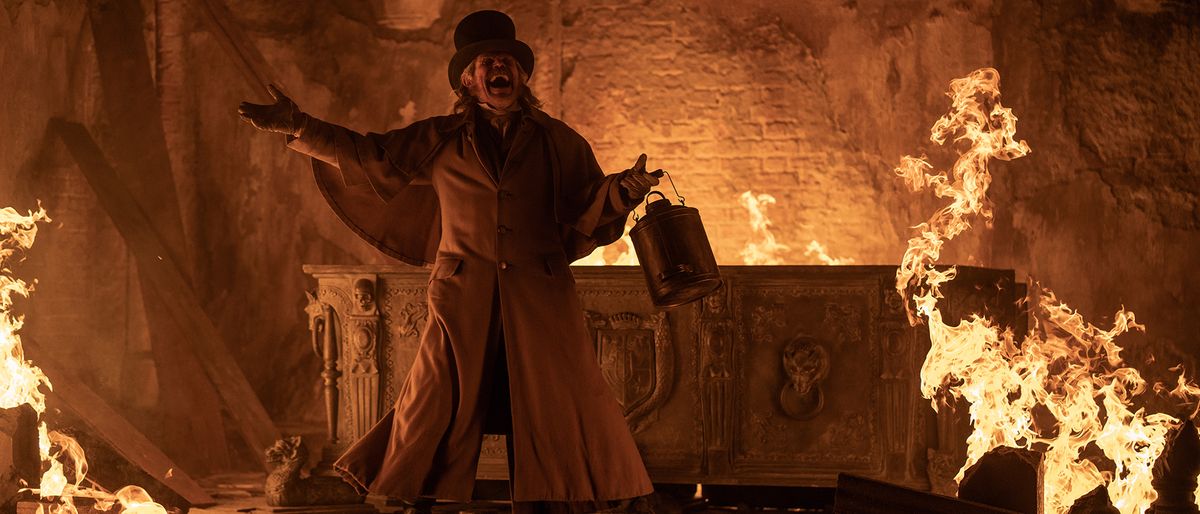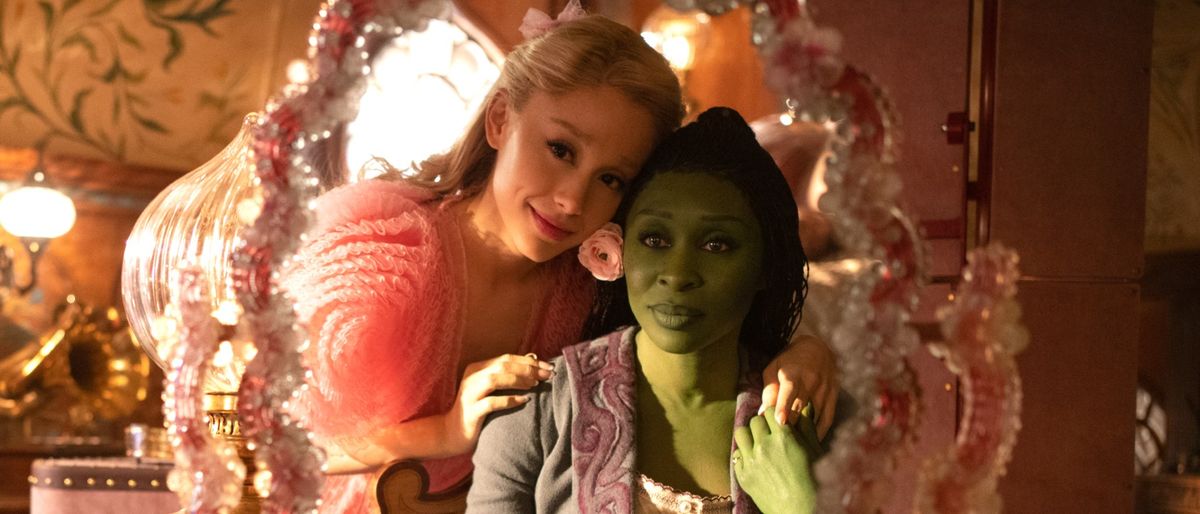
The Underground Railroad is likely one of the singularly bravest endeavors ever undertaken in U.S. historical past. Fear, torture, and demise met runaway slaves at each flip of their quest for freedom. Harriet Tubman was not solely a runaway herself, however a daring, prodigious conductor for the liberation of different African Americans. Tubman’s sacrifice and honor immeasurable, her identify might be proclaimed all through historical past, but the movie bearing her identify, directed by Kasi Lemmons, doesn’t do her legacy as a lot justice.
A story of slavery in America is nothing if it doesn’t ponder the unfathomable panic and seething rage of those that endured its atrocities. Lemmons’s movie refuses to correctly interact these feelings with any coherency.
The script disappoints most notably in its lack of ability to excavate the personhood, not the legend, of Harriet Tubman (performed by Cynthia Erivo). The story labors to cement Harriet’s audacity for freedom in a supernatural steerage from God—in impact, to make her extra divine than human. Monochrome photographs of Harriet seeing the longer term are interspersed all through the movie. Not solely is it complicated in chronicling the narrative—as a result of they first come throughout as traumatic flashbacks—but it surely additionally appears to reduce Harriet’s company in her personal story. Perhaps she did consider she had a present from God. However, the filmmakers’ resolution to depend on this issue as her primal affect is ludicrous. Each signal from God hits Harriet like a That’s So Raven imaginative and prescient.
In reality, after Harriet’s personal escape from slavery, the movie turns into much less and fewer involved about capturing the pure terror that should have been the Underground Railroad. It glosses over every subsequent mission with a breezy finality that may be simply interpreted as “success.” Any bumps within the street in her quest to free different slaves are rapidly smoothed out by one in all her sensory alerts from God, warning her of bother forward.
The dynamic between Harriet and her former slave proprietor Gideon (Joe Alwyn) is a muddled mess, along with his sadistic obsession together with her that turns into the central battle of the movie. A mediocre male shouldn’t be the constant wrestle in a Harriet Tubman story. Alwyn’s portrayal as Harriet’s sole nemesis in her pursuit for freedom is ridiculous and flat. He clearly desires to offer off the banal, smug-face evilness of a serial killer, but it surely comes throughout extra like a bored, racist teenager.
Erivo as Harriet is the reverse facet of the coin. At instances, it looks as if she is projecting with the intent of constructing certain the viewers feels her feelings (maybe attributable to her in depth stage background). Her singing is Tony Award-winning for a purpose, although. Under the moniker “Moses, the slave stealer,” Harriet croons to her individuals in such a mesmeric means that it hypnotizes women and men to observe her, drawing them out of their work and houses.
Erivo’s voice mixed with the soundtrack that includes outdated spirituals and Nina Simone’s phenomenal “Sinnerman” are the one bits of perfection. Still, the sound design’s general lush and critical tone is severely hampered by utilizing overdramatic theme music with cartoonish dun-dun-dun sounds to punctuate tense moments, reminiscent of when Harriet initially runs away from the plantation, or when she is about to leap off the bridge in her important “freedom or death” scene. The music carries plenty of the emotional burden of this movie, so these comical prospers unavoidably cheapen the ultimate impact.
Harriet is the sort of biography that skims the floor of the horrors of the previous, whereas concurrently venerating the hero in epic, godlike proportions. Though the movie wishes to have its story simply digested, some issues want a bit grit happening the hatch—and so they make us higher audiences for it.
Source


